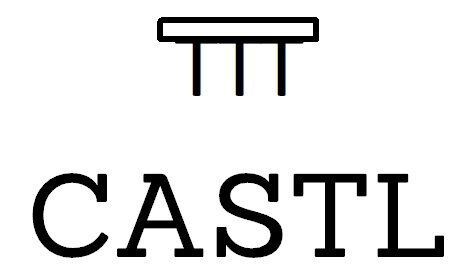
What We Do
Law is a critical enabler of sustainable transition.
“Sustainability” and “transition” have captured the world’s attention in politics, economics, business and academia and will be critical for human survival, prosperity and security.
Prompted by the adoption of the UN Sustainable Development Goals (SDGs) in 2015, the need for sustainability and transition has been given greater impetus by the growing recognition of the risks from climate change and by the intense health, technological and economic challenges brought about by the COVID-19 pandemic. To date, the response has been mainly political promises, business declarations, technological innovations, and changing working practices. However, a critical enabler of sustainable transition - the law - is frequently a missing element, or an adjunct, in research into this vital topic.
Law has a pivotal role to play. It can either be an obstacle to sustainable change or a profound enabler of sound transformation. It is, therefore, essential that increased research, innovation, education, and training be undertaken to improve ways in which the law might best facilitate and support global sustainable transition.
The Centre for Applied Sustainable Transition Law (CASTL) has been established to address this gap. It is the vision of its founders that the CASTL will be a leading global centre of excellence in research, scholarship, innovation, advice, and training on how to achieve sustainable transition through the law.
The CASTL’s guiding principle is the role of law in achieving sustainable transition in all areas in need of transformation. Its focus areas are industries most in need of change to achieve sound environmental and social outcomes, and services as enablers of sustainable transition, these will include:
Industry Areas: Energy; Transportation and Automotive; Building Materials and Urban infrastructure; Agriculture; Water; Healthcare and Biopharmaceuticals; Commerce, including Supply Chains; Extractive and Commercial products.
Services: Investment; Finance (such as Green Finance); Technology; and Law.
The CASTL’s mission is to establish international inter-disciplinary collaboration with universities, research entities, law reform agencies and law firms, corporations and financiers, civil society, as well as professional and private associations. The CASTL also interfaces with the public sector to promote government action and law reform for: advancing the circular economy; tackling poverty; collaborating with private sector; and empowering youth, vulnerable groups, and SMEs.
How can law facilitate sustainable transition?
The purpose of the CASTL’s research is to identify the legal and regulatory implications of sustainable transition in different industry and service environments.
‘Law’ will be understood broadly, so as to encompass both public and private norm setters.
Alongside law, regulation and supervision created by states and other state entities, the work of the CASTL will encompass soft law principles, declarations, guidelines and standards.
In today’s world, the State has lost its monopoly in law-making and shares the role with a range of private actors such as industry, civil society, private standard setting bodies, transnational organisations, and inter-party agreements (contracts), all of which can exercise a positive or negative influence on sustainability and transformation.
Whilst law is the CASTL’s focus, the plan is to work with multidisciplinary and interdisciplinary teams to ensure a holistic approach. Law is, at its base, the expression of society and does not act in a vacuum. The CASTL’s research will reveal common characteristics of law that promote sustainable transition across multiple disciplines or sectors. We work with those seeking to find innovative solutions to today’s challenges and global needs, providing the necessary research and expertise on the implications of law.
The objectives of our research is to demonstrate that law is of central relevance as a tool, vehicle, and mechanism to create: sustainability; global risk mitigation; resilience; good governance; and pioneering innovative programmes.
Sustainable Transition integrates transformation with sustainability.
Transition has become essential to survival. It has many facets, including (among many others): in governance, the public and private sector are subjected to calls for increased transparency, accountability, and ESG auditing; with digitalisation, technologies like artificial intelligence, edge computing, robotics, machine learning, internet of things, big data, and process automation are transforming modern life; in energy, carbon neutrality, net zero, energy efficiency, usage, renewables, the green economy and green finance; with infrastructure and connectivity, including urban dynamics, smart cities, agriculture, and water.
The transition research, in these and other areas will encourage values derived from good ethics, social justice (including equality and diversity) and trust.
On sustainability, the SDGs are the touchstone and overarching framework of the CASTL’s work. As a consequence, we envisage that the substantial creative and intellectual output of the CASTL’s research will be put to good use in a constructive manner towards achieving the SDGs in both the short and longer-term.

